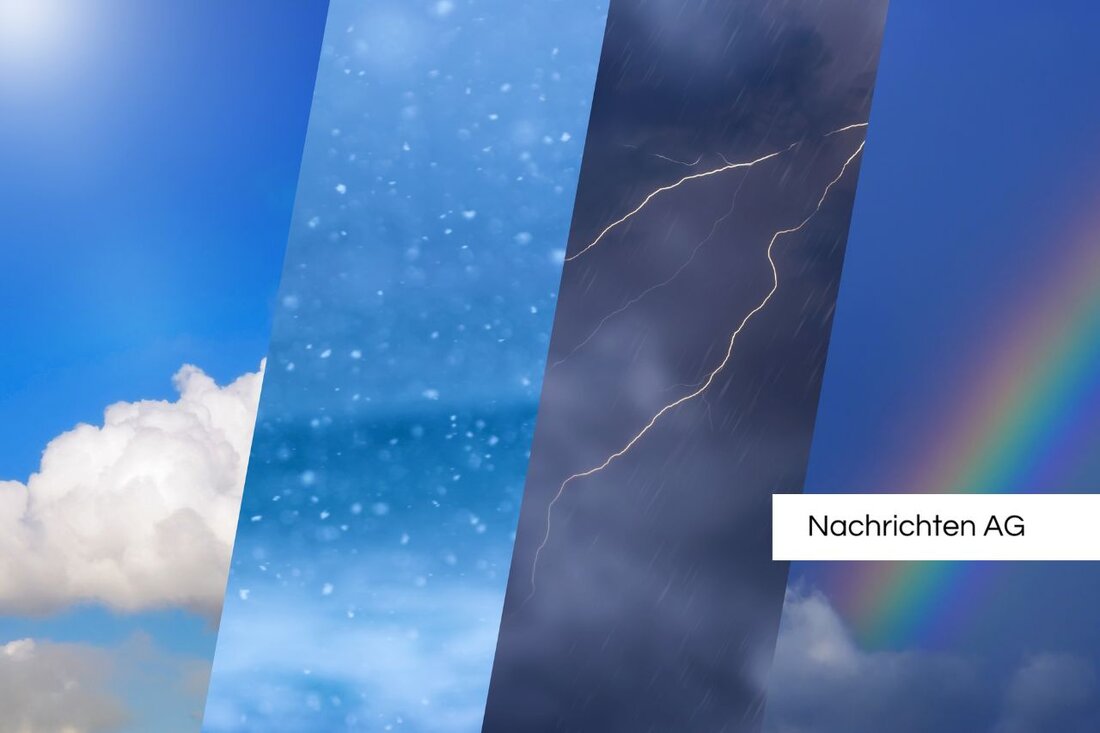Ulm in the garbage robot: Fiffi ensures cleanliness on the Danube meadow!

Ulm in the garbage robot: Fiffi ensures cleanliness on the Danube meadow!
In Ulm, a very special resident is currently causing a sensation: the garbage robot Fiffi. This modern helper is not only gray, but also quite clever. With a size of approximately a euro pallet and a weight of around 70 kilograms, it rolls over the Danube meadow and is in the process of carrying out a very important test run. The [SWR reports] (https://www.swr.de/swraktuell/baden-wuerttemberg/ulm/muellroboter-fiffi-dreck-weg-weg-weg-weg-weg-weg-weg-weg-weg-weg-weg-wegen-wegen-wegen-wegen-wegen attempt organized by the disposal companies of the city of Ulm (EBU). The aim of the measure is to relieve the employees in street cleaning and to ensure cleanliness.
What can fiffi? The robot has the ability to absorb up to 1,000 small waste pieces a day - such as cigarette buttocks, crown caps, broken glass and plastic waste. He uses intelligent cameras to differentiate between different objects. Fiffi can recognize people, animals or bicycles, for example, and is autonomously moving on a predefined area. It has curved obstacles and, depending on the weather, has to be brought to the EBU headquarters and charged there, since his battery only lasts for eight hours.
artificial intelligence in waste management
The use of artificial intelligence (AI) in waste disposal has become more important in recent years. While Fiffi is already causing excitement in Ulm, the [Wexobot project] (https://cordis.europa.eu/article/id/421838-ai-enabled-robot-introduces- industrial- 4-0-waste-management/de) actively deals with the improvement of robotic technologies in waste management. The further development enables more effective separation of waste from modern AI systems and robust ABB robots.
How Ki revolutionizes recycling
Another interesting aspect are the developments in the automated sorting of waste, such as those practiced in Bochum. IT-P emphasizes that AI systems such as deep learning and mechanical image processing make a decisive contribution to recycling plastic waste efficiently and returning raw materials. These technologies enable a more precise separation, which is often a challenge for human eyes.
The integration of these modern systems leads to higher recycling rates and significantly reduces misconceptions. In addition, the AI ensures optimal logistics in the recycling systems and minimizes CO₂ emissions. So it becomes clear: Fiffi is not just a little helper in Ulm, but part of a larger trend that could raise waste management to a new level.
The Fiffi test phase runs until the end of October, and it remains exciting to see how the processes in waste disposal will continue to change through innovative technologies.
| Details | |
|---|---|
| Ort | Ulm, Deutschland |
| Quellen | |
